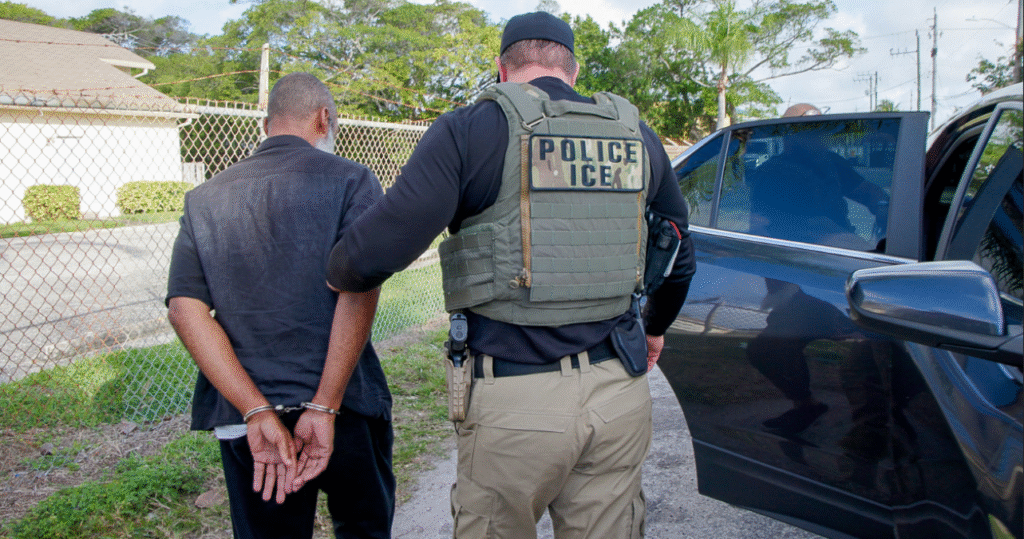NBC News has been quick to elevate Democratic voices who blame ICE for arrests near schools, while the broader context gets pushed aside. This piece looks at how that framing skips over policy choices that shaped the situation, how enforcement actions got forced by gaps at the border, and why parents and communities are left juggling the consequences.
The coverage pattern is familiar: spotlight the arrest, highlight indignation, and let that become the story. That approach ignores the chain of events that put ICE in a position to act near schools in the first place. When reporting favors outrage over context, it leaves policy failures unexamined and voters misinformed.
Democratic open-border policies created predictable outcomes at our border and in communities across the country. When enforcement had nowhere else to go, arrests sometimes happened in public spaces, including near schools. Pointing at ICE without addressing the policies that produced the problem is political theater, not accountability.
Local parents deserve straightforward answers about safety and how decisions in Washington affect daily life. They do not benefit from headlines that assign blame to agents doing their jobs while skirting the question of why those agents were necessary there. Reporting that treats politics as the whole story shortchanges citizens who want real solutions.
There is a clear distinction between criticizing tactics and whitewashing responsibility. It is reasonable to scrutinize where and how law enforcement operates, especially around children. It is not reasonable to act as if enforcement exists in a vacuum when federal policy choices directly influence where officers must work.
Media outlets also shape public perception by which voices they amplify and which they ignore. Emphasizing elected officials who blame enforcement without tackling policy skews the debate toward outrage rather than results. Balanced coverage would hold both parties accountable: question tactics while also examining leadership decisions that led to those tactics being necessary.
ICE agents are public servants tasked with enforcing federal law, often under difficult conditions with constrained resources. Holding those agents to professional standards is appropriate, but so is asking why their presence was required in proximity to schools. Ignoring the role of federal policy in creating that need is politically convenient but factually incomplete.
Policymakers should face tough questions about border strategy and operational consequences. Voters deserve clarity on how open-border stances translate into enforcement realities back home. A healthy debate would focus on practical changes that prevent disruptive scenes at schools while ensuring laws are respected and communities protected.
Finally, this isn’t just about headlines or political scoring. It is about coherence between policy and enforcement and about how media framing can obscure the link. When outlets prioritize partisan narratives over connecting actions to causes, neither safety nor accountability improves.
Journalism can do better by asking who created the conditions for these arrests, what alternatives were available, and how future harm can be prevented. That kind of reporting would treat readers like adults and give communities the information they need to weigh policy choices against real-world consequences.



